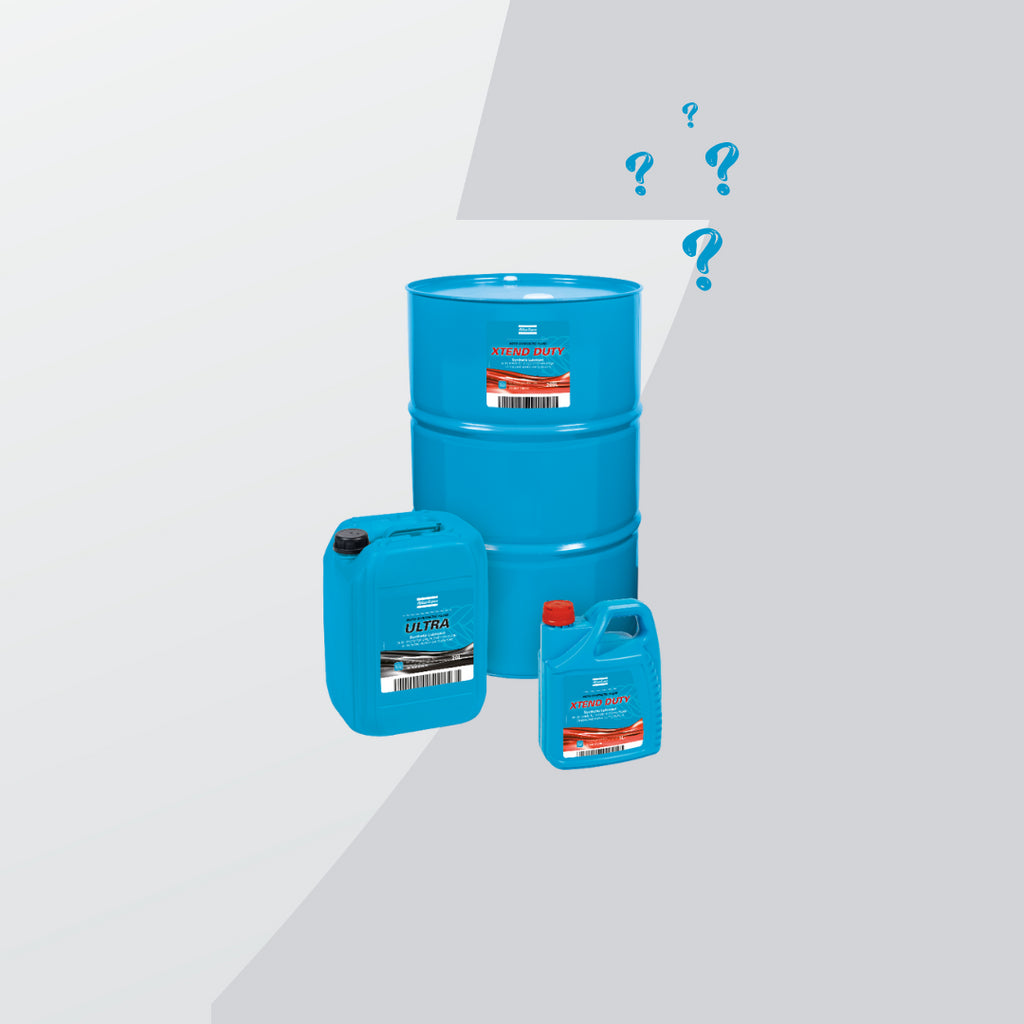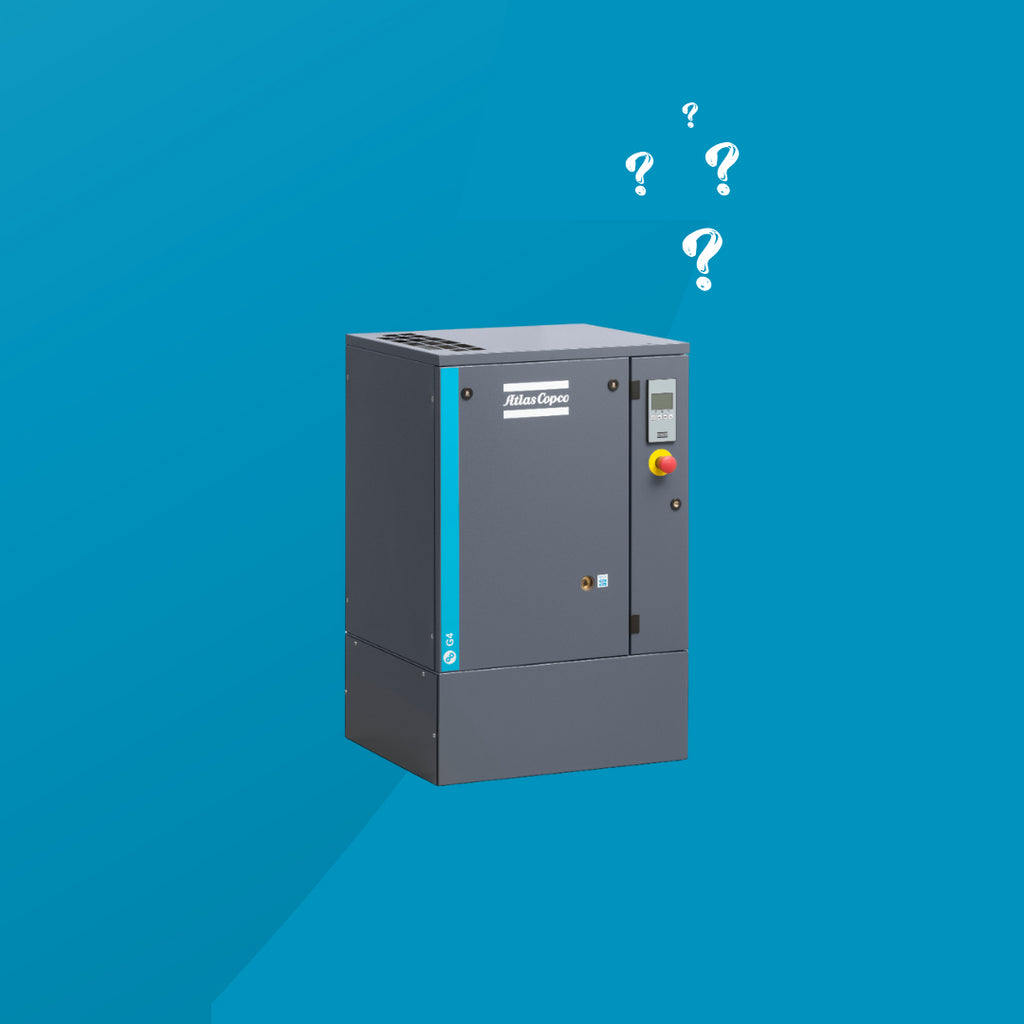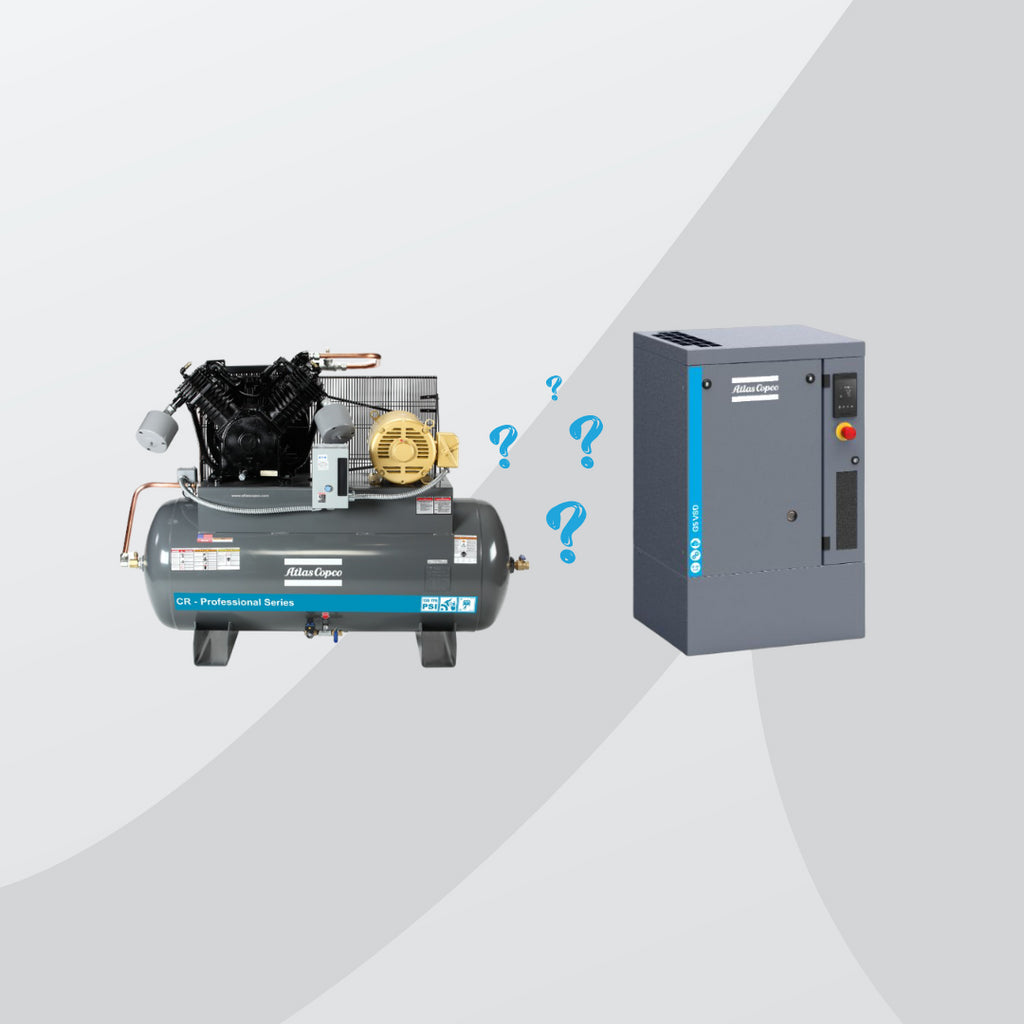Choosing the Right Oil for Your Rotary Screw Compressor
Posted by EMILY OWEN

When it comes to maintaining your rotary screw compressor, choosing the right oil is crucial for optimal performance and longevity. With so many options available on the market, how do you know which oil is the best fit for your compressor? Let’s dive into the key factors to consider when selecting the perfect oil for your rotary screw compressor. Understanding Viscosity Grades One of the most important factors to consider when choosing compressor oil is viscosity. Viscosity determines the oil’s resistance to flow and plays a significant role in lubrication. Different compressor models require specific viscosity grades to operate efficiently....
Maintenance Tips for Oil-Injected Rotary Screw Compressors
Posted by EMILY OWEN

Oil-injected rotary screw compressors are essential for many industrial applications, providing a reliable source of compressed air. To ensure the longevity and efficiency of your compressor, proper maintenance is crucial. Here are some expert tips to help you keep your oil-injected rotary screw compressor running smoothly. Regularly Check and Change the Oil One of the most important maintenance tasks for oil-injected rotary screw compressors is checking and changing the oil on a regular basis. Over time, the oil can become contaminated with dirt, moisture, and other impurities, which can reduce the efficiency of the compressor. By following the manufacturer's guidelines...
Setting Up Your Rotary Screw Compressor: What You Actually Need
Posted by EMILY OWEN

Setting up a rotary screw compressor may seem like a daunting task, but with the right guidance, it can be a smooth process. Here are the essential steps you need to follow to ensure your rotary screw compressor is properly set up and ready for operation. 1. Location, Location, Location Choosing the right location for your rotary screw compressor is crucial for its performance and longevity. Make sure the compressor is placed in a well-ventilated area with enough space around it for proper airflow. Avoid areas with high humidity or extreme temperatures, as these can affect the efficiency of the...
Upgrade to an Atlas Copco High-Efficiency Air Compressor to Cut Costs
Posted by EMILY OWEN

Are you looking to upgrade your current non-Atlas Copco compressor? The AirSwap Program offers a simple and efficient solution to help you make the switch to a new, high-efficiency Atlas Copco compressor. Read this article to learn how it works.
How to Size a Rotary Screw Compressor for Your Business
Posted by EMILY OWEN

When it comes to selecting the right rotary screw air compressor for your business, size matters. The size of the compressor will directly impact its efficiency, performance, and overall cost-effectiveness. But how do you determine the correct size for your specific business needs? Let's dive into the key factors to consider when sizing a rotary screw air compressor. What is the Required Air Flow? The first step in sizing a rotary screw air compressor is to determine the required air flow for your operations. This is typically measured in cubic feet per minute (CFM). To calculate the CFM, consider the...
What is the difference between piston and rotary compressor?
Posted by EMILY OWEN

When it comes to compressors, there are various types available in the market, each with its own set of advantages and disadvantages. Two common types are piston compressors and rotary compressors. But what exactly sets them apart? Let's delve into the key differences between these two compressor types. How do they operate? Piston compressors, also known as reciprocating compressors, work by using pistons to compress air in a cylinder. The up and down motion of the piston creates a vacuum that draws air into the cylinder, which is then compressed. On the other hand, rotary compressors operate using rotating mechanisms...
